According to the Vietnam General Confederation of Labor , a review of the implementation of the 2012 Trade Union Law shows that the proportion of trade union financial expenditure is concentrated at the grassroots level (accounting for nearly 75%) to care for workers.
Of that total, funding for welfare and training to improve the skills of union members and workers accounted for more than 84%.
According to Ngo Duy Hieu, Vice President of the Vietnam General Confederation of Labor, the regulation on the obligation to contribute 2% of the wage fund as the basis for social insurance contributions for workers has remained stable since 1957.
The trade union organization argues that this regulation aims to ensure stable welfare for workers, contributing to the trade union's ability to effectively represent, care for, and protect its members and workers.
Therefore, continuing to secure the 2% trade union fee is absolutely essential.
Essentially, the 2% funding is a contribution from the employer to the organization and operation of the trade union, ensuring that the union can effectively fulfill its responsibility to care for the workers.
Thus, the use of trade union funds benefits both employees and employers, promoting the development of harmonious, stable, and progressive labor relations within enterprises.

Vice President of the Vietnam General Confederation of Labor Ngo Duy Hieu (Photo: Hoa Le).
Surveys show that over the years, the majority of enterprise-level trade unions and their executive committees have publicly informed union members and workers about the list of benefits (including the amount of expenditure) they are entitled to annually, such as sick leave visits, Tet gifts, etc.
With the current average salary of 5.7 million VND/month used as the basis for social insurance contributions, businesses have to pay approximately 1.4 million VND in trade union fees per year.
At that time, 75% of the union's contributed funds (approximately 1 million VND) will be distributed to the grassroots union to take care of union members and workers, for purposes such as visiting the sick, birthday gifts, Tet gifts, cultural and sports activities, etc.
"In principle, we shouldn't reduce workers' benefits, even though some businesses have suggested it. Reducing union fees could shock workers with the prospect of reduced benefits, affecting their ability to join the union. Ultimately, maintaining union fees aims to ensure workers' rights," Mr. Hieu shared.
For businesses, production and business results have an important contribution from workers. Union fees are included in the business's expenses and are accounted for in the product cost.
According to the research results of the General Confederation, union funds account for a small proportion of business costs (about 0.38%). However, using them brings benefits to both employers and employees, contributing to the creation of harmonious and stable labor relations, employees are better cared for and feel secure at work.
Therefore, although it increases business costs, overall, the Vietnam General Confederation of Labor believes that the 2% contribution rate is still within an acceptable range for organizations and businesses to bear.
Source: https://dantri.com.vn/lao-dong-viec-lam/tien-luong-dong-bhxh-57-trieu-dong-doanh-nghiep-nop-phi-cong-doan-ra-sao-20241009100458622.htm














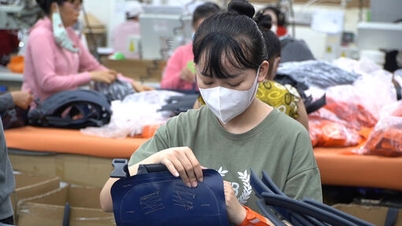



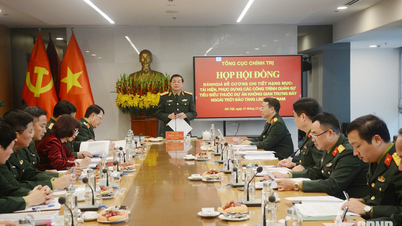








































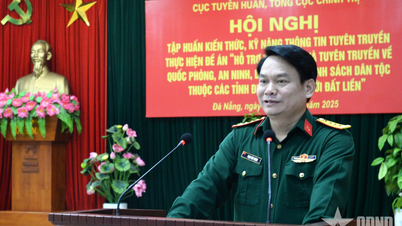
![[OFFICIAL] MISA GROUP ANNOUNCES ITS PIONEERING BRAND POSITIONING IN BUILDING AGENTIC AI FOR BUSINESSES, HOUSEHOLDS, AND THE GOVERNMENT](https://vphoto.vietnam.vn/thumb/402x226/vietnam/resource/IMAGE/2025/12/11/1765444754256_agentic-ai_postfb-scaled.png)




















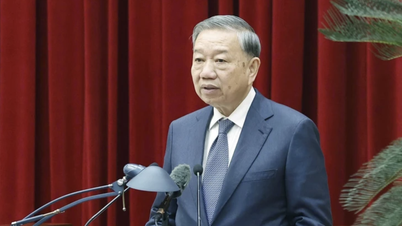

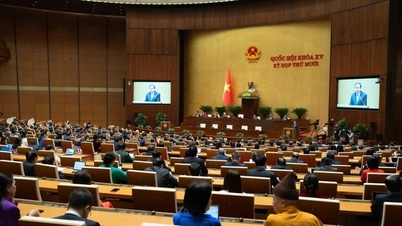

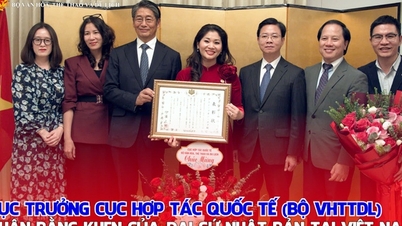
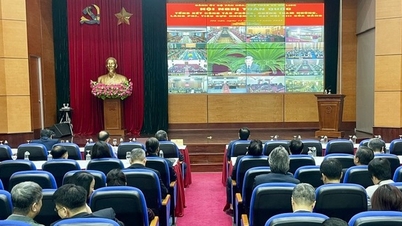
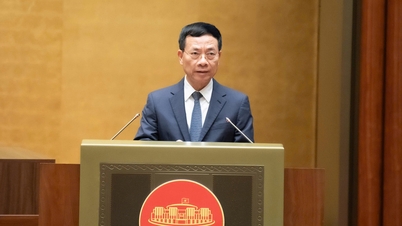

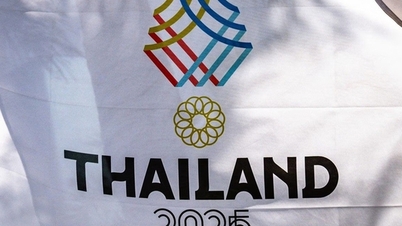
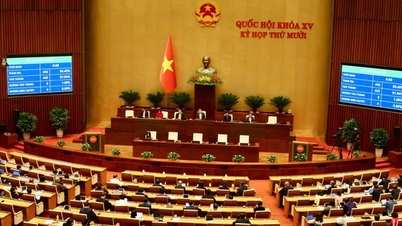









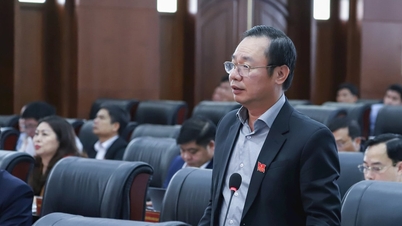














Comment (0)